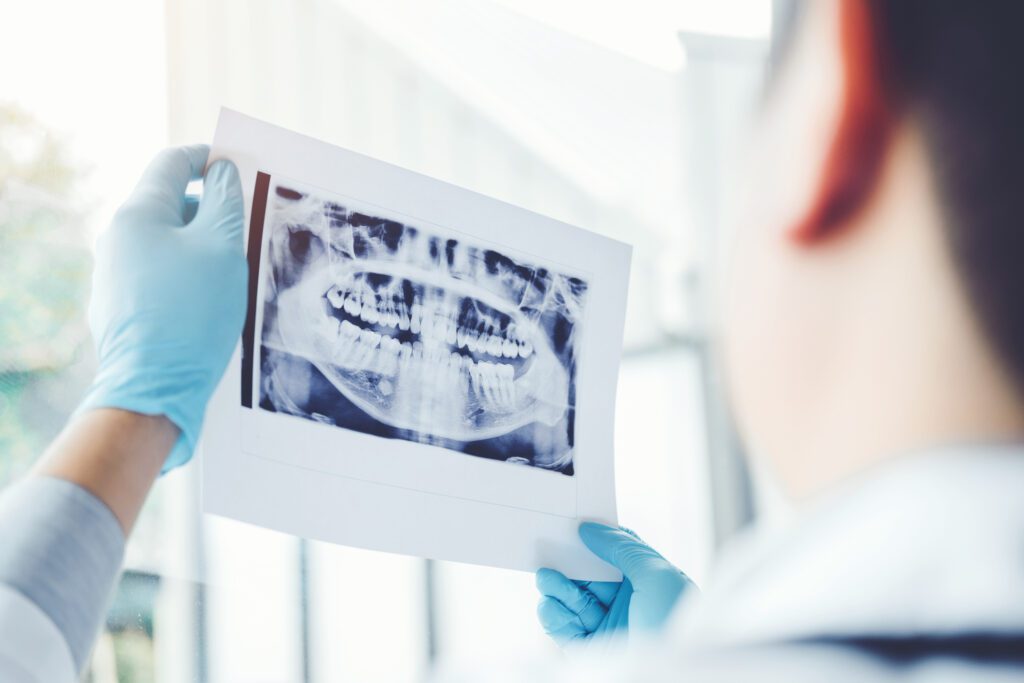Damage and decay can impact your teeth and gums in a variety of ways. From causing pain and discomfort to increasing the risk of developing disease, damaged teeth can cause serious dental concerns. Tooth sensitivity in Arlington, TX, could point to a deeper dental concern that requires restoration. However, sensitivity can be caused by many different factors. If you have sensitive teeth, your dentist can examine your mouth to determine the source. With the right treatment plan, you could see immediate relief from sensitivity or pain.

When Tooth Sensitivity in Arlington, TX, Requires Restorative Dentistry
Not all cases of tooth sensitivity are going to need extensive treatment. Sometimes, the problem could simply be that you have a piece of food stuck between your teeth. If you notice sensitivity, the best thing to do is to first rinse your mouth with warm water. Then, gently brush and floss the affected area. If the sensitivity persists for longer than a few days, it could be a sign that you need additional treatment.
Damage and Decay
Damage and decay are some of the leading causes of tooth sensitivity. When the enamel of our teeth wears away or is broken, the inner dentin layer becomes exposed. The dentin layer has more nerves and tends to react more quickly to temperature and pressure. Cavities, cracks, and fractures can all expose the dentin layer and lead to sensitivity.
When this happens, your dentist will likely suggest some form of restorative dentistry. If the decay or damage is small, you may only need a dental filling to alleviate the sensitivity. But if it’s more widespread, you could need a dental crown instead. In some extreme cases, excessive decay and damage could require a tooth extraction. If this happens, your dentist will often try to coordinate treatment to extract your tooth and place a dental implant for immediate restoration.
Enamel Loss
While our enamel is strong and durable, it’s not impervious. High levels of acidity can weaken the enamel. Combined with biting or brushing your teeth, this can cause the enamel layer to wear down over time. While enamel cannot be restored, restorative and preventative measures are available to help protect the remaining enamel. Your dentist may recommend using a certain toothpaste or mouthwash. They may also recommend dental crowns or even porcelain veneers to help protect and preserve your teeth.
Infection
When the inner pulp of your tooth becomes infected, it’s common to experience high levels of pain and sensitivity. For most patients, a root canal could help alleviate the pain and reduce the sensitivity. However, your tooth will likely need restorative treatment after. Getting a dental crown is common post-root canal to help restore and protect your tooth.
If you have decay or damage, you’re more likely to experience tooth sensitivity. At Cooper Family Dental, we offer a range of restorative treatment options that could help. Call us today at 817-646-1217 to schedule a consultation and see if restorative dentistry is right for you.
